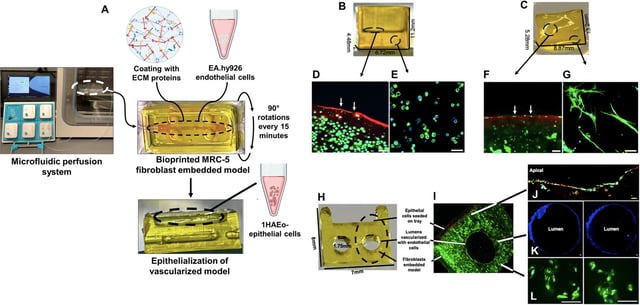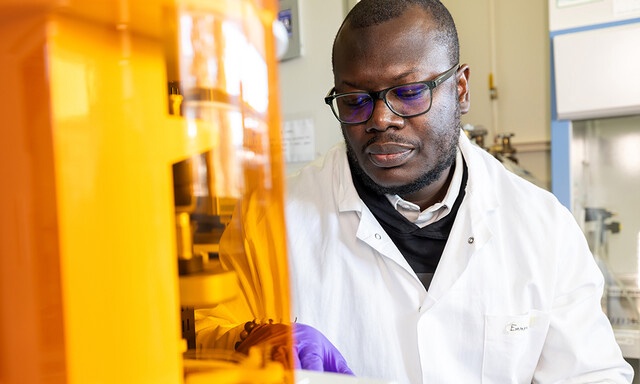Overview
- UBC Okanagan researchers have confirmed that their vascularized 3D-printed lung construct replicates human airway mechanics and inflammatory responses in vitro.
- The team used a light-sensitive gelatin/PEGDA bioink with digital light processing to create a tri-culture hydrogel featuring vessel-like channels and multiple cell types.
- Validation experiments exposed the printed tissue to cigarette smoke extract, triggering measurable increases in pro-inflammatory cytokines.
- Supported by Mitacs and Providence Health Care and published in Biotechnology and Bioengineering, the platform is now poised for expansion with additional cell types and disease simulations.
- Investigators are pursuing collaborations with biotech firms to adapt the model with patient-derived cells and reduce reliance on limited donated lung tissue for drug discovery.

